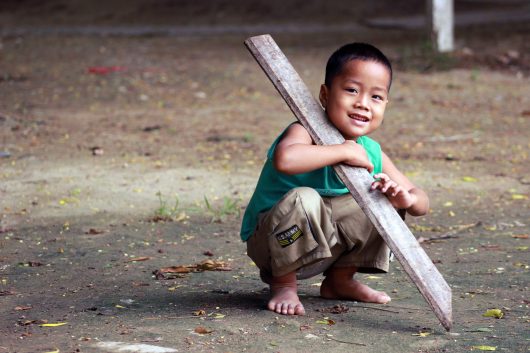Prioritizing Education in Myanmar Moving Forward

The spring of 2016 has brought exciting changes for the citizens of Myanmar. Although Nobel Peace Prize Winner Aung San Suu Kyi is constitutionally ineligible to run for president, due the fact that her sons are of British nationality, she and her supporters have still found a way to impact the education system in the country.
A close friend and aid of Suu Kyi, Htin Kyaw, was elected into office. President Kyaw has given Suu Kyi a place in the cabinet, and she will oversee foreign affairs, as well as the reformation of education in Myanmar.
Myanmar’s new branch into democracy, breaking away from the debilitating rule of a military regime which abolished the once prominent higher education system, brings hope for proper education back to the people of Myanmar.
Primary education in Myanmar is mandatory and free to the public. However, for decades the education sector has been neglected, and it shows. The rule of a military regime, which lasted nearly half of a century, discouraged education amongst Myanmar’s citizens and invested little money or resources in the education system.
The constant conflict and poverty in Myanmar which ensued disrupted students from being able to attend school. The current students and graduates of Myanmar’s public education system have not been properly prepared.
Deepak Neopane, founder of City College Yangon, comments that the economy in Myanmar has recently rebounded, but the those entering into the workforce are unequipped with basic thinking skills and much of this influx of opportunity is going to waste.
With the National League for Democracy (NLD) at reigns of the government, a plan is in place to mend and improve education in Myanmar within the next five years. Beginning in the 2017/18 academic year, the grade structure will be reconfigured and increased to follow a 13-year format.
The goal for the curriculum moving forward is to expand and enhance problem-solving and critical thinking skills within the pupils. Though the budget is yet to be finalized, it is likely that following the last year’s investments in the education system that more significant increases are to be made.
The Myanmar education sector has been receiving grants from several humanitarian organizations including UNICEF, the British Council and the Japan International Cooperation Agency, to ensure the prosperity of education for the children in Myanmar moving forward.
Undoubtedly, the government’s agenda to revitalize education in Myanmar is promising. However, they do not deny that there will be hurdles to overcome. The Myanmar government has not neglected to see that every facet of the current education system will need updates and revision.
The plan includes re-training teachers to bring them all up to the modern regional level of teaching and reconfiguring existing schools to situate smaller class sizes, which will improve teacher to student ratios. The end-goal is to have education in Myanmar completely modernized and fully up to standard with regional accreditation by 2030.
– Amy Whitman
Photo: Flickr
